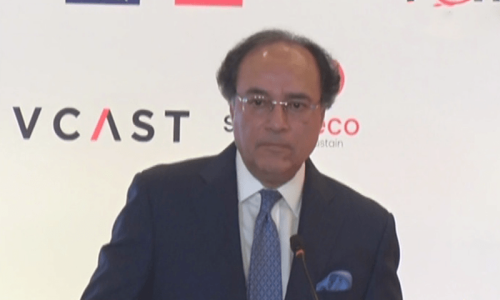LAHORE: Road blockades on the national highway between Lahore and Rahim Yar Khan (Central N-5 Zone operated by the National Highways & Motorways Police) have become a routine, causing inconvenience to commuters and exposing law enforcers’ inability to prevent them.Most protests lodged in 2013 were against crimes and police, while others were linked to electricity and gas loadshedding, farmers, labourers, students, elections and bomb blasts.
Official statistics available with Dawn show that as many as 127 major/moderate protests were reported until November on 618 kilometres of the highway, out of which maximum were reported in September and minimum in March.
A series of protests was also reported in a single day at different sections of the highway in the aftermath of terrorist/bomb attacks.
Out of the 15 protests on Jan 13, people gathered at eight different locations of the highway following bomb blasts in Quetta. Similarly, on Sept 23, out of 25 protests, at least 17 were held to condemn Peshawar blasts.
There were 21 protests against electricity loadshedding and other issues relating to Wapda until September. Up to 30 cases against police injustice and 10 related to murders, dacoities and robberies were reported until November.
Two Ashura processions also blocked the national highway in Rahim Yar Khan on Nov 12, two protests against transfer of the region’s DPO in September, two against poll rigging, while one by Pattoki Degree College students against transporters in March this year were also inconvenient for commuters.
Motorway officials were of the view that frequent road blocks caused traffic gridlocks for several hours and even up to a day, while protesters knew it was easy to convey their demands to the government through the media.
According to a district police officer, state writ had weakened with the passage of time and police and the local administration usually tried to negotiate with protesters rather than taking action.
He said halting traffic forcibly on the national highways was a crime and violators were booked for unnecessary road blockages, Section 144 and traffic laws. But police priority during most of such incidents was negotiation to avoid agitating the mob.
NH&MP DIG Mirza Shakeel Ahmad said motorways police had been assisting local police in handling protesters and diverting traffic from troubled spots to maintain its flow.
“To block a road is an offence and local police have the authority to restrict protesters from gathering in a designated area,” he said, adding Section 144 (ban on gathering of four or more people at one place) of CrPC was only applicable on city roads.











































Dear visitor, the comments section is undergoing an overhaul and will return soon.